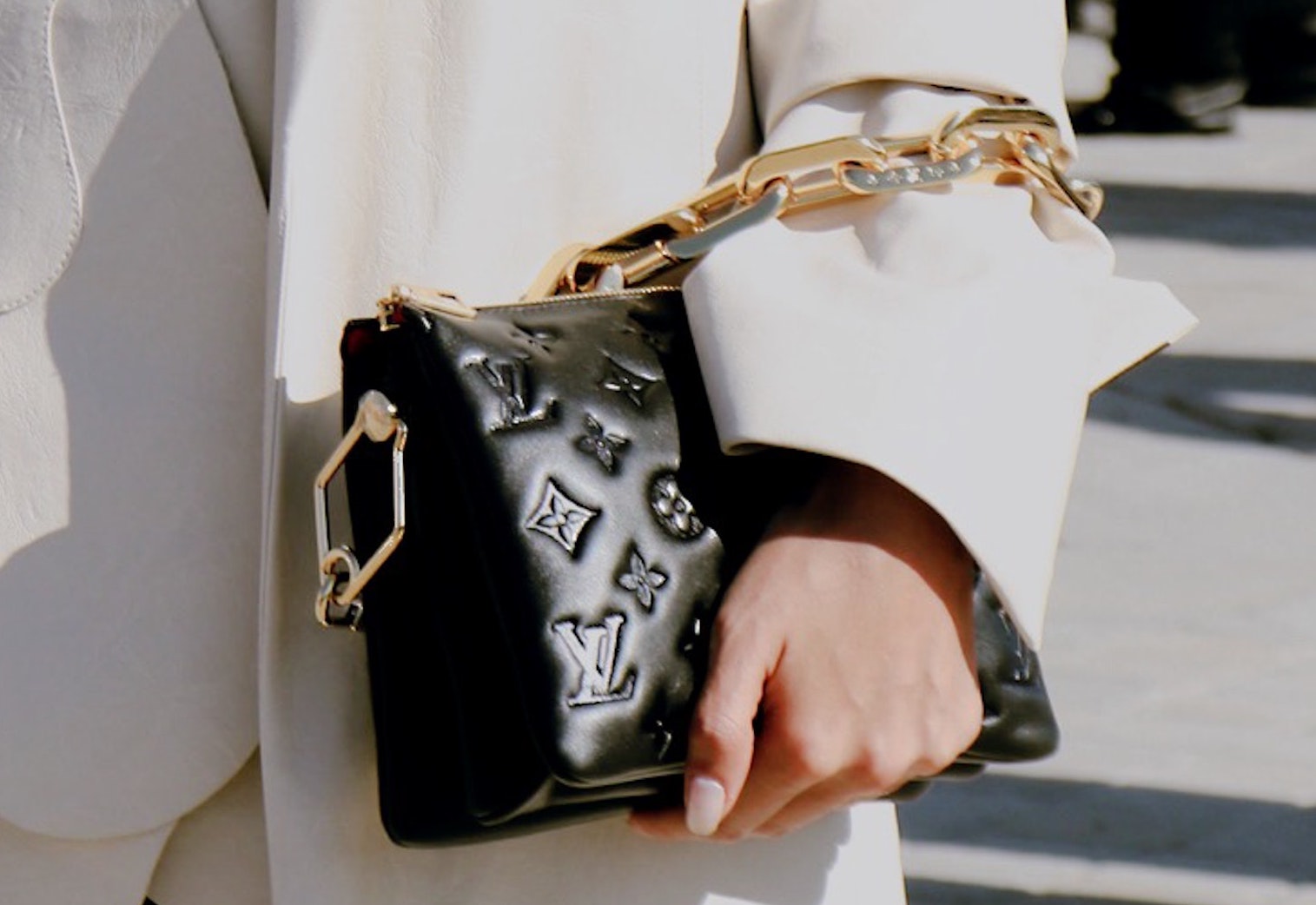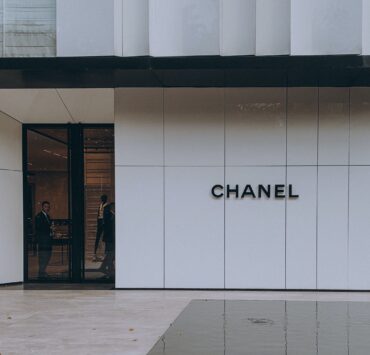The allure of counterfeit goods among Gen Z shoppers
The rise of counterfeit goods among Generation Z has become a significant concern for luxury brands.

Jeanel Alvarado is a marketer and retail strategist, leveraging 15+…
The rise of counterfeit goods among Generation Z has become a significant concern for luxury brands. This tech-savvy generation, born between the mid-1990s and early 2010s, is increasingly attracted to fake products due to various factors such as affordability, easy access, and social status. As Gen Z is set to make up 40% of total consumers in the United States by 2023, understanding their relationship with counterfeit goods is crucial for luxury brands to respond effectively and protect their brand value.
"The growing Gen Z trend love for showing off fake dupes is being coined "frugal flexing," where younger shoppers show off products that look more expensive than they really are. The cost of living challenges faced by Gen Z consumers further fuels their interest in counterfeit goods, as they seek to do more with less," says Retail Expert, Jeanel Alvarado.
In fact, it is estimated that by 2023, Gen Z will represent about $143 billion in annual purchasing power. Furthermore, Gen Z is expected to make up 27% of the workforce by 2025, further solidifying their influence on the market.One of the primary reasons Gen Z is drawn to counterfeit goods is the lower price tag. For example, a Louis Vuitton Speedy 30 bag costs US $1980, while a copycat version can be purchased for just a few dollars. With limited purchasing power, young consumers prioritize affordability over authenticity when shopping for style.
In addition, 74.2% of young adult respondents in a survey were satisfied with their counterfeit purchase, primarily due to the lower price. Easy access to counterfeit products also plays a significant role in their popularity among Gen Z. With the rise of e-commerce and social media platforms, finding affordable fake versions of desired items has become an effortless task for this digitally native generation. Moreover, 69.3% of young survey respondents would consider buying fashion items online or via a social media post or advert, indicating their trust in online platforms and sellers.
The desire for social status and lifestyle associated with luxury brands further fuels Gen Z's interest in counterfeit goods. A 2019 survey conducted by INTA revealed that one of the reasons why Gen Z buys counterfeit goods is the social status given by the brand. As long as the fake product looks authentic, they are satisfied and more likely to influence friends and family to opt for fakes as well.
Surprisingly, more than half of the young respondents (50.7%) were either indifferent or not concerned about the issue of the counterfeit industry. This lack of concern contradicts the values and priorities of today's youth, such as sustainability and ethical manufacturing practices.
Alvarado stated, “There seems to be a disconnect between the values of Gen Z consumers, who prioritize sustainability and ethical practices, and the reality of the counterfeit industry, which often supports criminal activities, undermines brands' creative endeavors and has no regard for sustainability or fair labor practices.”
It's not only popular amongst U.S. residents, it's a global trend seen across the world amongst Gen Z. According to a 2022 EU Intellectual Property Office survey, 37% of respondents aged 15 to 24 had bought at least one fake product in the previous 12 months, with clothing, apparel, and accessories being the top categories of counterfeits purchased.
“To address this issue, brands need to not only rely on intellectual property law but also implement technology-based anti-counterfeiting solutions and educate young consumers about the negative impacts of the counterfeit industry,” said Alvarado.
Luxury brands must take action to address the growing popularity of counterfeit goods among Gen Z. Implementing technology-based anti-counterfeiting solutions and continuously evaluating their relevance to this young demographic's needs and values is essential. Brands should also raise awareness about the dark truths associated with the counterfeit industry, such as health hazards, child labor, and links to terrorist attacks.
Jeanel Alvarado is a marketer and retail strategist, leveraging 15+ years of cross-disciplinary expertise in retail, e-commerce, technology, consumer and shopping trends. She is the former Senior Managing Director of the School of Retailing at the University of Alberta. Jeanel’s insights appear in Nasdaq, Entrepreneur, Fortune, TIME, and the US Chamber of Commerce, among others, with recurring commentary on top retailers and brands for financial markets, consumer insights, shopping trends, tech Innovation, and the luxury sector.





